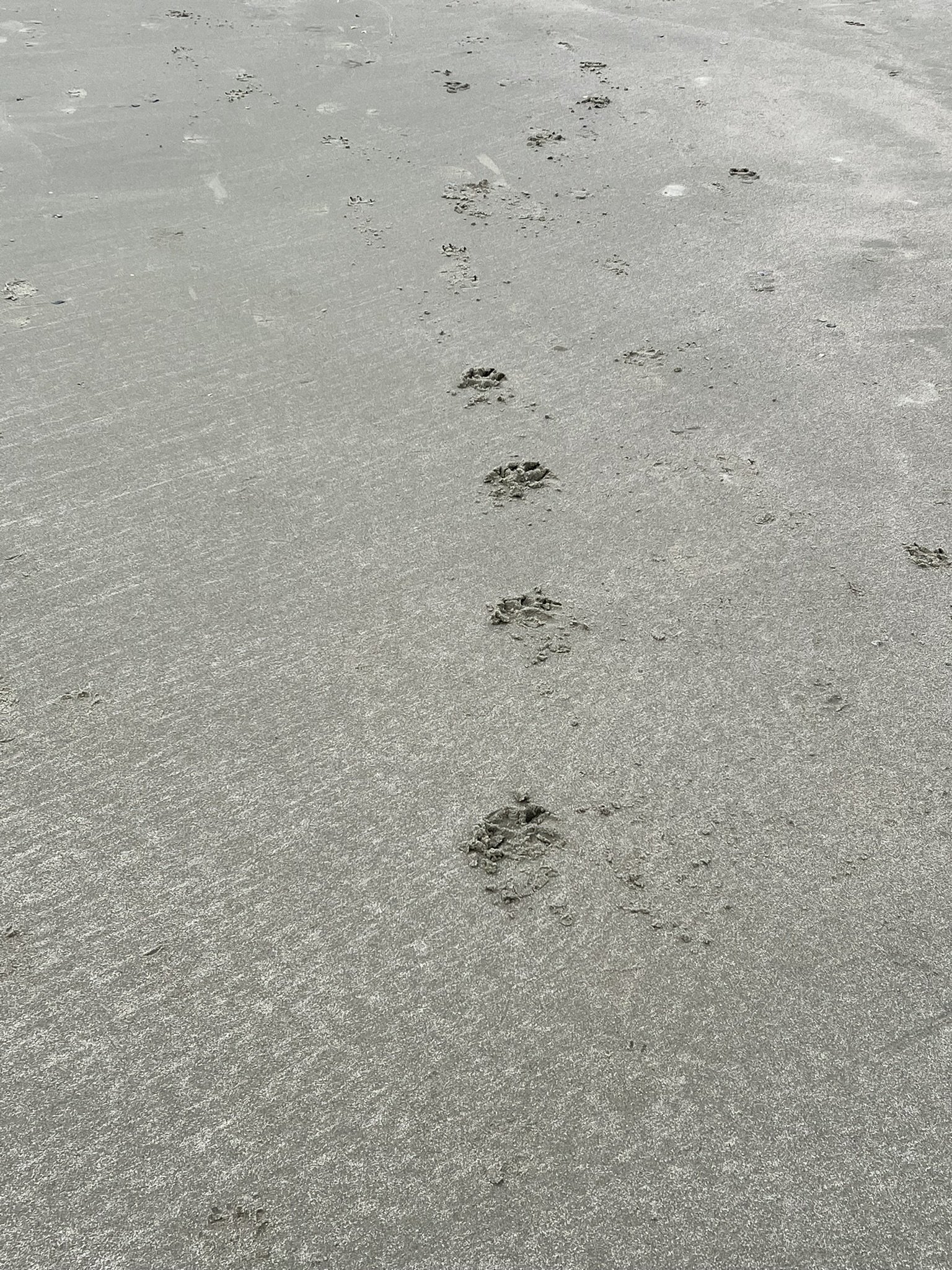
Adventures in Meme Deconstruction: Part One
The truth is, belonging requires safety, trust, and acceptance. It means being valued, respected, and loved for who you are, as you are.
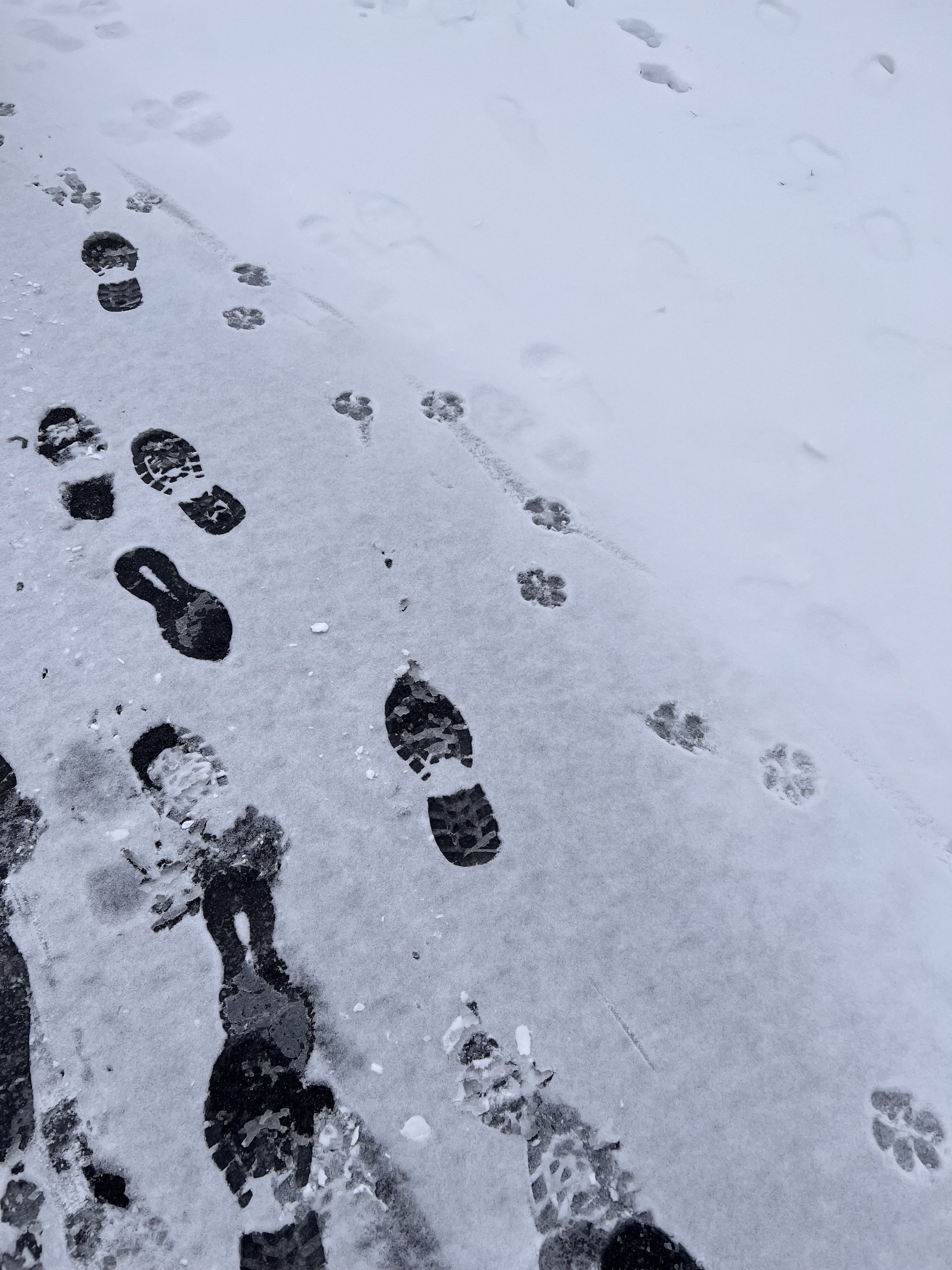
The Ebb and Flow of Life
This I wish for you. That you find the sparks of hope in your life, and that you allow yourself to love all of yourself, all your bits and pieces.
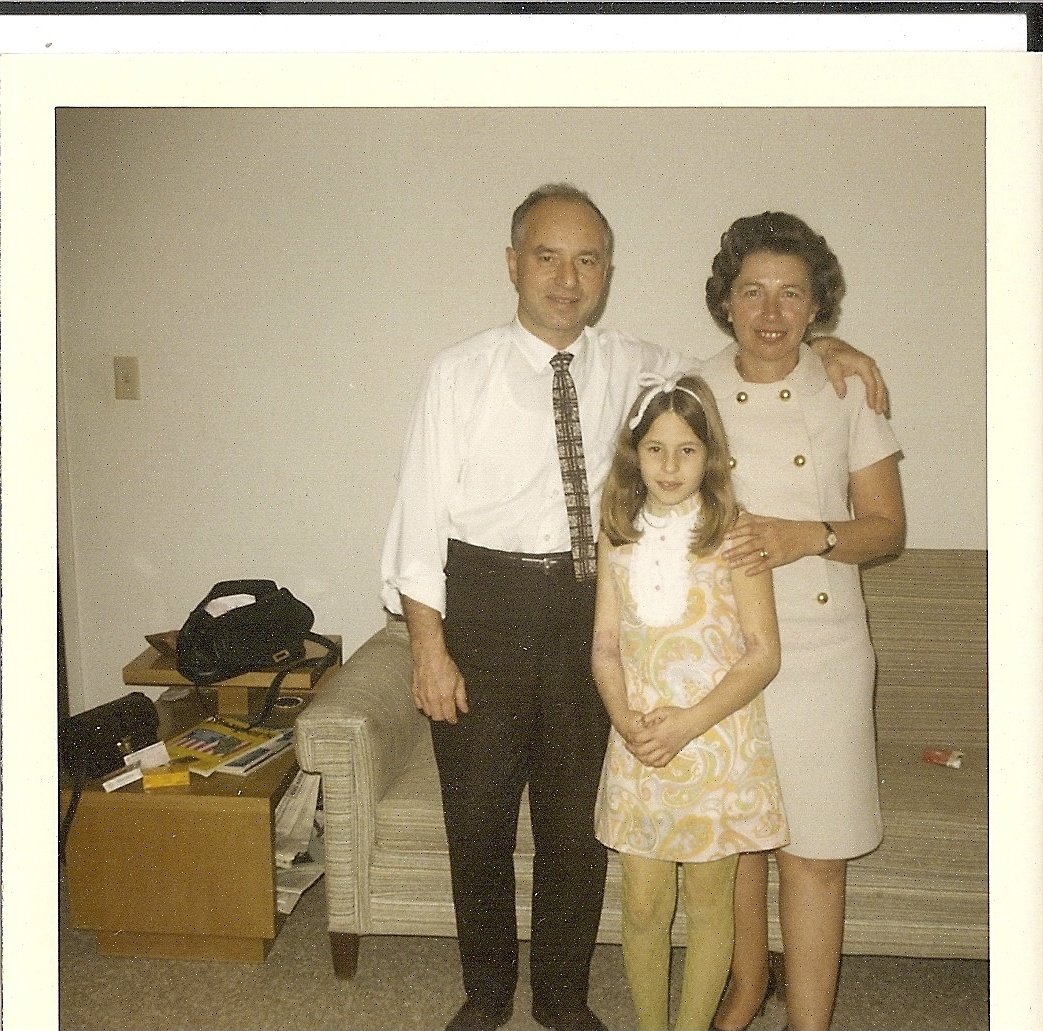
Reclaim Your Body

Yes I Only Have One
On June 17, 2013, I had a left mastectomy because of early-stage breast cancer. I opted not to have reconstruction, so I am “lopsided.” For a long time after healing from the surgery I didn’t wear a prosthetic breast. It’s not that comfortable and I enjoyed not wearing a bra. While, I am small breasted, you can tell I only have one.
I never really worried about what other people thought. Until…

What’s Your Double Standard"?
If you make a mistake, even an egregious one, what do you hope for if another person is involved? Think for a moment.
If you are like most humans you want to be given the benefit of the doubt, to be forgiven for your mistakes, you want to be given a second, or even third or fourth chance. You want to be able to fix your mistake if possible, or move on if not, and you don’t want the other person to hold a grudge. Now, take a moment to think about how you behave when someone else messes up. Think. Be honest with yourself. I’ll wait. Have you cut through your sanctimonious notions yet?
Most of us, if we’re honest, get pissed off, upset, angry, or enraged when someone else makes a mistake, and we don’t want to forgive them right away. We may judge them, say nasty things either out loud, or in our heads, act like a victim, behave in a passive-aggressive way and so on.

New Eyes
Humans love to make up stories. We make up stories about everything and everyone we see. It’s a human trait to want to find meaning, to figure things out. If we don’t understand something, we’ll make up a story to make it understandable. Sometimes our make-em-ups are harmless, but more often, especially when they are about other humans, they are harmful. Even when we make up stories we think are kind, we are still doing harm. Why? Because, when we make up stories about other people, we assume we know them better than they know themselves, and we believe we are the arbiter of all that is right and good.

If You Are Sad and You Know it…
To be fully human means feeling the whole range of emotions. Denying certain emotions doesn’t make you superior, it makes you less able to relate to others, less able to deal with difficulty, and less able to feel compassion.
So today, sing out, “If you are sad and you know it, clap your hands. If you are angry and you know it clap your hands. If you are happy and you know it lap your hands.” Feel whatever you feel. Suffer with others and let them suffer with you.

Check your Spiritual Bias
I was struck by the title of a book a friend posted on Facebook the other day. It purported to tell the “secrets” of the spirituality of an indigenous group in southern Africa. What was interesting was that the title used what is considered a derogatory term, and the term actually covers several distinct cultural groups, each with their own cosmology, theology, and cultural traditions.
This lumping together of indigenous traditions, or in fact, any non-European traditions is common. This lumping constitutes both conflation and erasure. It also highlights the assumption that all “others” from the perspective of European-descended Christianity are a homogenous group. Additionally, there is a romanticizing of these traditions, a pick and choose mentality when describing religious and cultural traditions, and an implied sense of superiority.

Tips for women living authentically after a certain age
Be yourself. Be one hundred percent unapologetically who you are. Let your brilliant light shine. You are amazing.

Spiritual Realist

How Do You Think Of Others?
It's interesting to see people's posts on Facebook and to read commentary in the media. There are 331,000,000 people in the United States, so it's not realistic to expect to agree with everyone. Healthy debate about ideas is a good thing. It's okay to believe your view is the correct one and to disagree with other people's views, that's how most of us operate. However, it's important to remember that just as strongly as you believe your view is right, someone else believes their view is right and, it's always important to keep in mind the adage, "I could be mistaken." Knowing that I could be mistaken allows me to continue learning, reminds me I don't have all the answers and encuorages me to keep asking better questions.
What I see often, especially in social media posts, is people dismissing the message by attacking the messenger. Someone posts something you don't like? Well, that person is stupid, uninformed, idiotic, moronic, etc. It's possible to disagree with someone and still realize they are a full, complete, complex human being with needs, wants, hopes and desires. Name calling might make you feel better in the moment, but it contributes to devaluing others and when we devalue and demean others it makes it easier to mistreat them. This has long been a tactic of opposing armies. Rather than refer to combatants on the opposing side by appropriate names, they are often referred to by dehumanizing slurs. Humanity has a long and ignominious history of using slurs to refer to other groups of humans. We do this at a cultural level, at a governmental level, at the level of religious denominations, and at an indivual level.
Pay attention to your thoughts and to what comes out of your mouth. How often do you assume someone is stupid, ignorant, idiotic, evil because they disagree with you? Even if you couch their different opinion in what you think is positiver terms, it's still demeaning. Terms like misguided or confused may sound kinder, but they're not. Allow other humans to be fully human. How does it feel when someone else doesn't see the full human you are? It doesn't feel good does it? So, why do you do it to other people?
Today, become aware of the times you fail to allow others to be fully human, especially those with whom you disagree, those whose world view is diametrically opposed to yours. Your insistence that the world conform to your view, and that anyone who thinks otherwise is bad and wrong, isn't righteous, it's petulant and petty. We can never grow if we refuse to try understanding other people. Try it, you might like it, even if you don't like it, you might grow and stretch a little.

If You Are Sad And You Know It…Let It Be
Be careful, especially now, about those people who want to try to make you stop feeling what you're feeling. Be careful of those people who want to cajole you out of sadness, who tell you to find the bright side, look for the good in everything.
Grieving is an inevitable part of living. We grieve not only death, but all kinds of loss. We grieve even in the midst of happy occasions. We often think of grieving when someone dies, when a relationship ends, when something bad happens. However, it's common for people to feel grief after graduating from school, getting married, leaving a job for a better one, receiving an award. We grieve what was and wonder about what will be. Grief is normal, natural and helpful. It allows us to process experiences. Grief comes with all kinds of feelings, sorrow, joy, anger, despair, confusion, apathy, fear.
The only way to work with grief in a way that is life sustaining is to feel all the feelings, all of them. Too often, out of their own discomfort, well-meaning friends and family will try to get people to stop grieving. "You know your mother wouldn't want you to be unhappy. Think of all the good things in your life." "You're young, you can have another baby. Focus on that, not the baby you lost." "Just get another dog, that way you won't be sad." "Don't be sad, you don't look pretty when you frown."
Feel your feelings, all of them and know it's okay to feel whatever you feel. I remember a time when I was very young--it was either in nursery school or kindergarten. I felt sad. I don't remember why, but I remember feeling sad. Our teacher had us sing the song, "If you're happy and you know it." Well, the rest of the class sang, "If you're happy and you know it, clap your hands," and then dutifully clapped. I remained silent and did not clap. The teacher stopped the song and asked, "Why aren't you singing and clapping?" "I'm sad," I said. "The songs says if you're happy and you know it, clap your hands. I'm not happy so I didn't clap." "Well, you should be happy. You're too young to be sad. You will sing. We're all singing. You don't want to ruin it for everyone else do you?" Lesson learned. I shut up and sang. It didn't make me feel happy.
That teacher taught me, and probably most of the other children in the room, that sadness is bad and should be hidden, that we should pretend we're happy all the time, even if we aren't. It took me a long time to get over that early programming. Unfortunately, our happy, happy, joy, joy culture doesn't support feeling anything but happiness. Sorrow, sadness, anger, fear are demeaned as "negative" emotions that should be avoided, or if not avoided than quickly "processed" and tranformed into joy and happiness. Doing this doesn't actually make people happier, it just makes people feel like failures because they can't be happy all the time. The truth is no one is happy all the time. No one. Nope, not anyone. We all experience a full range of feelings. Yep, you too. You who say, "I don't get angry, it's unproductive." You who say, "I only see the good in the world, I refuse to see the negative," You who say, "I refuse to give in to negative emotions." All of us, every one experiences the full range of emotions. We only get into trouble when we reject our feelings and emotions and try to shove them down, pretend they don't exist, or spend our energy "transforming" them to something more comfortable.
This week, pay attention to how often you try to avoid feeling feelings that are uncomfortable. Pay attention to what you do to avoid feeling. Pay attention to how you feel inside if you share your feelings with another and they try to cajole you out of your feelings. Pay attention to how often you try to get other people to not feel what they're feeling, because you are uncomfortable with their feelings.
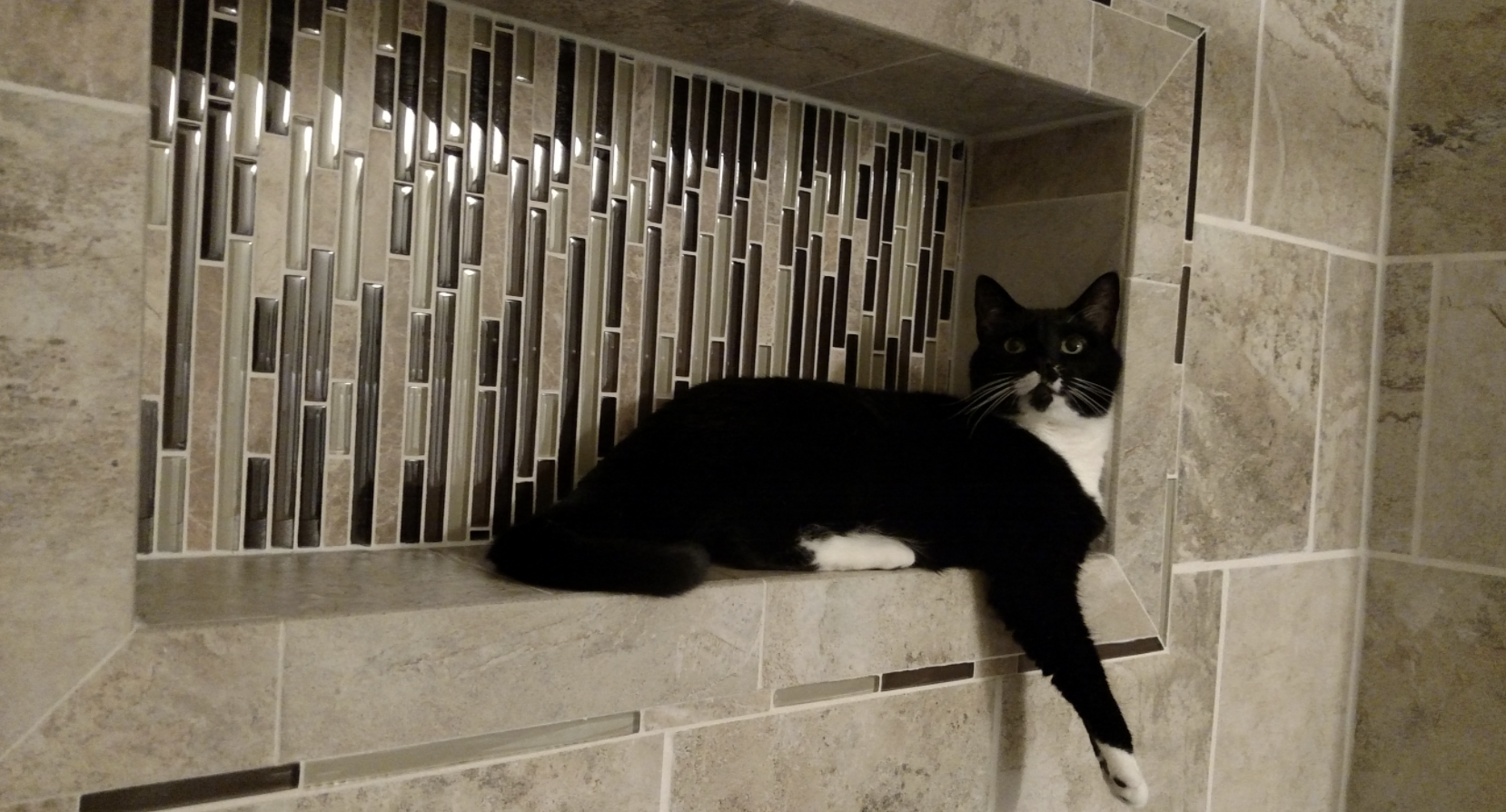
You Can’t Hack Life
Life hacking, tidying up, minimalism, guaranteed to make you more efficient, happier, more fulfilled, sexier, healthier, more productive, and did I mention sexier? These are the latest iterations of the self-help trend. Do this and you'll find the secret to life. No, do this instead and find the secret to life faster and easier. No, wait, do this and find the secret to life even faster and easier.
What all of these things have in common is the notion that there is a fast, easy fix to this complex, messy, complicated thing we call life. We are so afraid of living authetically and of trusting our own inner knowingness that we constantly search for something, anything, to free us from the trap of our minds.
But, here's the thing, those things we use to free ourselves often become traps (Ram Dass addresses this brilliantly in Journey of Awakening).
Marie Kondo advocates tidying up and getting rid of anything that doesn't "spark joy. I know people who have tidied up their lives according to Marie Kondo principles who then become obsessed with not owning and set themselves up as superior to those who own more. In the meantime, nothing sparks joy because the value of everything has to be calculated to make sure it sparks joy.
Life hacking is the notion, taken from high-tech, that we can create life shortcuts to make our lives more efficient to free us up to do more stuff. The thing with this is that many people spend so much time figuring out ways to hack their lives, they never actually do anything. Additionally, it perpetuates the myth that there is an easy fix to what ails us mentally, spiritually, emotionally, physically.
Minimalism shares similarities with tidying up in that it espouses owning only what is absolutely necessary for living. There are people who argue you should never own more than one hundred things. Again, people obsess over what those things should be and fill their time with cataloging what they have and what they've given up.
Here's the real secret to life; there is no secret. Life is meant to be lived fully, messily, with complications, with ups and downs, with good days and bad, with wellness and illness. All of it is part of the human experience. We run into trouble, because we believe if we find the secret we'll stop having the human experiences we don't like. Then when we continue having those experiences, rather than realizing this is part of being human, we search for the next fix; we tidy up, walk on hot coals, break boards, throw out all but a hundred things, make sure we never have more than ten emails in our in-box, get rid of "toxic" people, walk on more hot coals, go to workshops, read books (which we then have to get rid of so we don't own more than the allowed amount). Then we find that we're still irredeemably human. Messy, complicated, complex.
The secret to life is there is no secret. Just live. Be the big, beautiful, messy person you are.
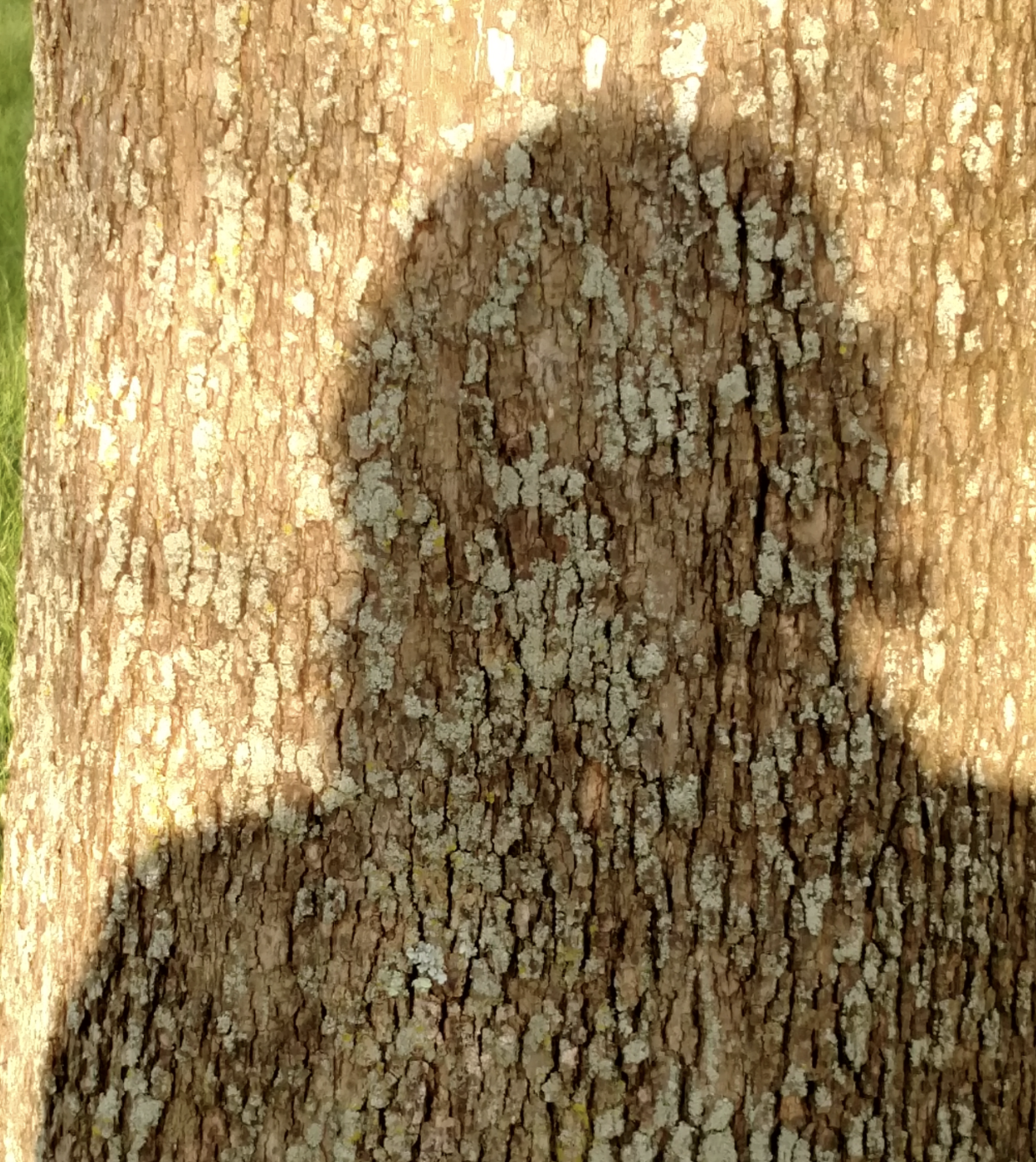
The Stories We Tell
It caught my eye. Robin’s egg blue, bright amid the winter dull grass. A book, open. Cover up, pages down soaking up yesterday’s rain. A textbook, Ornamental Horticulture. The “used” stamp on its spine hinting at its past. What happened, I wondered? To whom did this book belong? How did it end up in the grass on this particular morning?
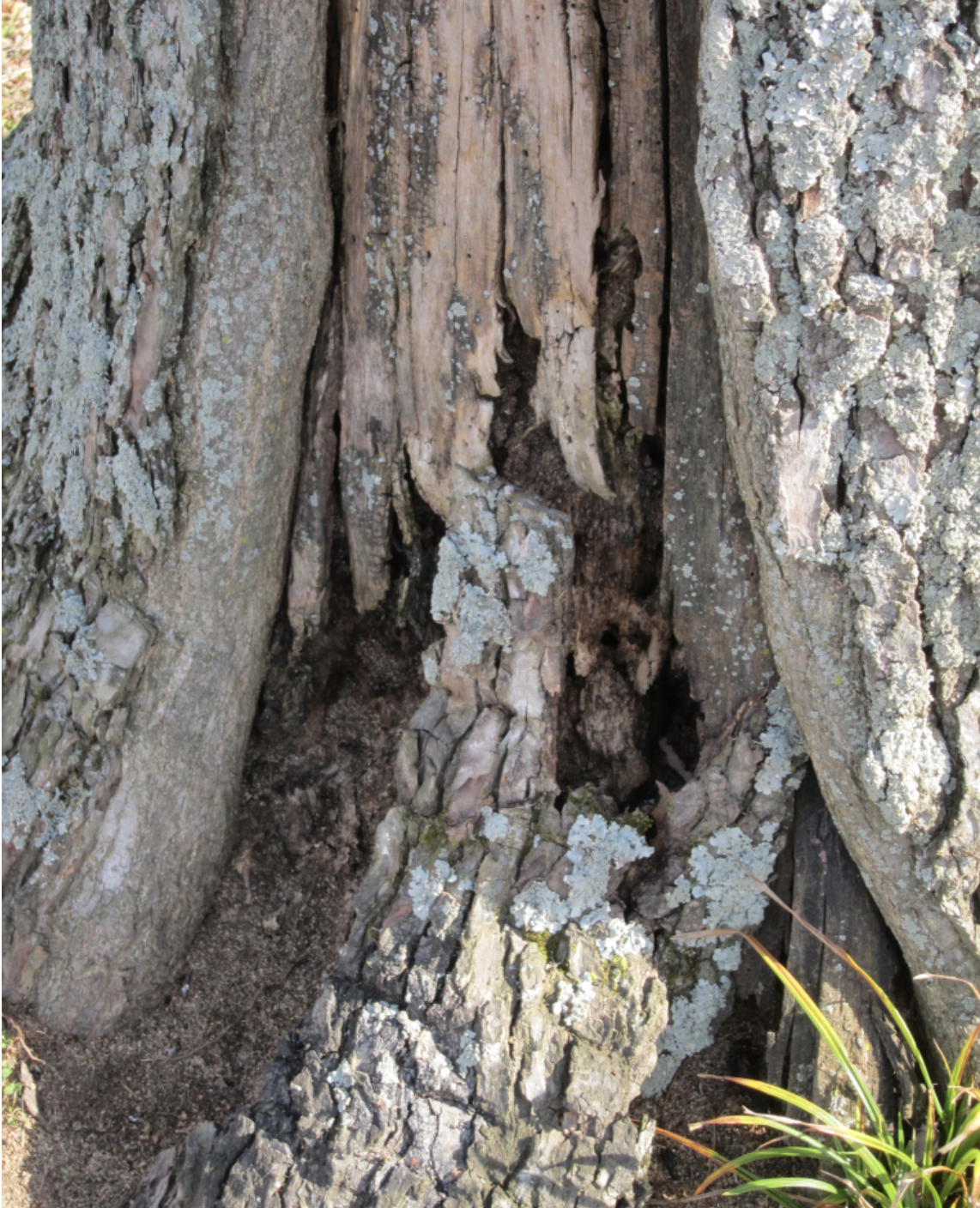
Be Yourself
If you read my blog posts, you know I'm a fierce advocate for being unapologetically yourself. Now, this doesn't mean you have license to be a jerk, this just means be fully who you are, without worrying about whether others will like you. Life is messy, leave it that way, is one of my mottos. One of the things we get so weird about in U.S. culture is the body, especially bodies identified as female. There is a narrow range of what is considered acceptable. I've been thinking a lot about this topic.
